There are many different search engines that should be considered when judging search engine optimization results. Although Bing and Yahoo! have substantial traffic and do offer some search engine marketing benefits of their own, the vast majority of all searchers are using Google. Google has also taken the most active role in improving their search engine and taking a lead on website marketing, which is why most search engine optimization professionals look to Google before looking anywhere else.
To help search engine marketing professionals and amateur webmasters alike understand what Google’s engine is all about, they publish and maintain the Google Webmaster Guidelines, which provide advice about website marketing and outline the offenses that Google considers abuse of the system and punishes severely. Everyone with a website should read these guidelines for themselves, but in the meantime this rundown of the most salient points will help you get started on website marketing.
Google Rewards Good Web Design
When Google’s search engine crawls your site, it sees more than just the website marketing that you’ve put there. It doesn’t see the finished product and can’t judge your website marketing design based on aesthetics. Instead, it sees a text-only version of the site, including links to other pages and all your content. Google’s crawlers want to see that your page is clearly organized, with a sitemap and logical flow between pages. For best search engine optimization results, don’t overload pages with links, and ensure that every page has at least one link pointing to it.
Search Engine Marketing Friendly Code Is A Must
There are many ways that code can harm your search engine marketing efforts despite being perfectly good design practice. For example, if you rely on images, make sure they’re accompanied by the proper “ALT” attribute description so you’re not losing out on any search engine optimization value from that picture.
Similarly, make sure that any content management system you use is website marketing friendly. Many of them may create URLs that include a ? at some point, the sign of a dynamic page. Some crawlers won’t look at dynamic pages, so you’re better off avoiding them if possible. There are many other little things that make code search engine optimization friendly, but they are quite technical. Make sure that you have your design company structure everything for search engine marketing from the beginning.
Search Engine Optimization Shouldn’t Be The Focus Of Your Content
Google’s website marketing guidelines say very little about how to choose keywords or how to successfully execute search engine optimization. Instead, they urge webmasters to focus on search engine marketing by creating content that will appeal to people who would want to visit your website. As for keywords, Google simply advises webmasters to think of keywords that people might search for to find your business, and ensure that they appear on the site. There is no emphasis on keyword density, although that has long been a proven element of search engine optimization.
The Website Marketing Quality Guidelines
These guidelines might seem like suggestions, but if your website marketing violates them you’re quite likely to get punished by Google. The main violations involve participating in certain black hat search engine optimization strategies, where a company gets ahead in website marketing by doing things that really don’t add value for searchers. These are things like link farming, including hidden text or links that only search engines will see, and in particular anything that involves duplicate content. Duplicate content is arguably the best way to completely sink any search engine marketing effort, but it’s also easy to avoid: just don’t put the same content up twice.
There are many specific guidelines offered by Google, but these basics are enough to help business owners understand what search engine marketing consultants are doing to help boost rankings. We recommend that everyone read the guidelines for themselves (they aren’t long at all) to gain a thorough understanding of what really drives successful search engine optimization and website marketing, at least through Google.




